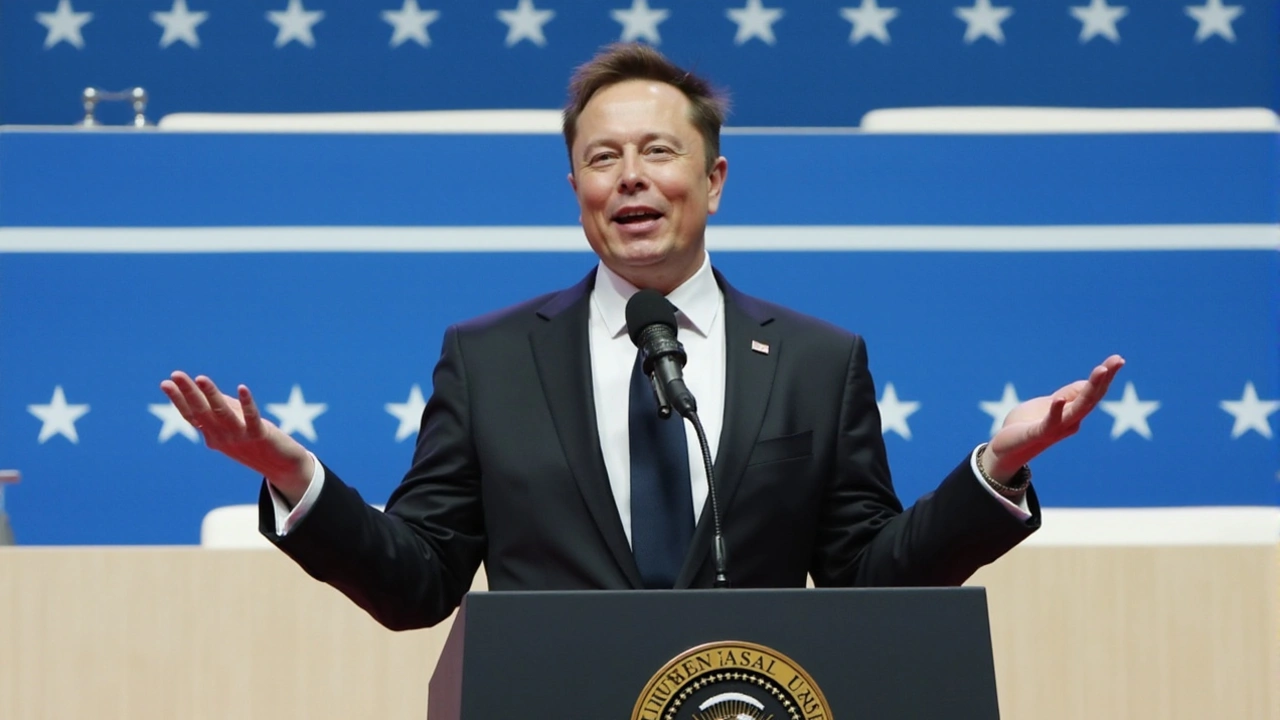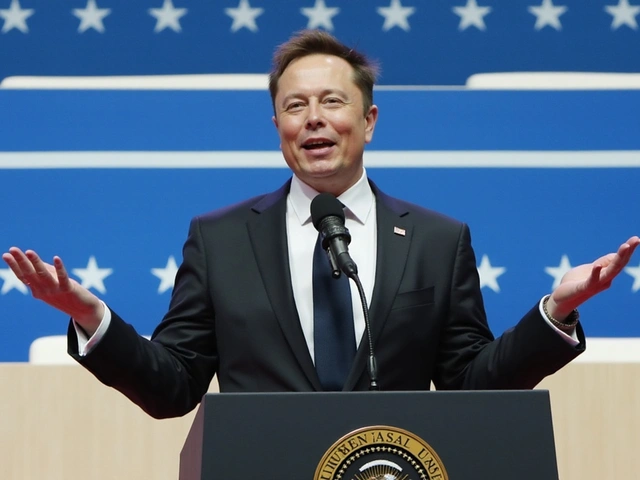Elon Musk's Bold Call for Action
Earlier this month, tech mogul Elon Musk thrust the United States Agency for International Development (USAID) into the spotlight, advocating for its dissolution. This outspoken declaration followed the news that several top officials within the agency had been put on administrative leave, triggering a cascade of discussions about foreign aid's effectiveness and its myriad global ramifications.
The Context of the Controversy
USAID, for decades a cornerstone of American foreign policy, has been instrumental in delivering humanitarian aid and development support throughout the world. However, Musk’s commentary could be seen as joining a chorus of criticism that has occasionally cast doubt on the structural efficacy and transparency of foreign aid institutions. The specifics surrounding the officials' leave have not been disclosed publicly, leaving room for speculation.
Musk's pointed remark that it's time for USAID to ‘die’ doesn't just serve as a critique; it adds fuel to a larger debate on whether such organizations operate with maximum integrity and impact. His statements seemingly echo sentiments shared by a growing number of skeptics who argue that the agency's resources could be better utilized if redirected.
A Global Debate on Foreign Aid
The influence of Musk, a powerhouse figure with significant sway across industries, makes his comments impossible to ignore. While some view his stance as a necessary measure to reign in inefficient expenditure, others warn of the potential risks. What could happen to disaster-stricken regions heavily dependent on USAID’s interventions if the agency were dismantled?
Voices from various sectors are weighing in. Some insist that a reevaluation of foreign aid administration is long overdue, while others passionately defend the agency's track record in aiding vulnerable communities worldwide. Musk’s involvement has only raised the stakes of this ongoing debate.
As discussions continue, it becomes clear that the dialogue extends beyond USAID. It is a questioning of how modern humanitarian efforts are organized, funded, and executed, reverberating through international corridors. Foreign aid, while noble in intention, is increasingly scrutinized for its actual outcomes.
What Lies Ahead for USAID?
In light of Musk's inflammatory comments, there remains much uncertainty about the future paths for USAID and other similar institutions. Will this be a catalyst for substantial reform, or just a brief flare-up of controversy with no enduring impact?
The broader implications of this episode underline a crucial moment for policymakers. The challenge remains to balance effective aid delivery while ensuring that such programs achieve optimal results. The debate over whether aid agencies need to be replaced, reformed, or reinforced is far from reaching its conclusion.
The conversation that Musk ignited is sure to endure, prompting potential reviews of foreign aid policies not just within the USA, but across the globe.



14 Comments
Write a comment